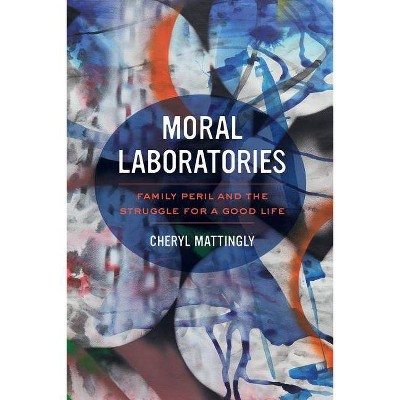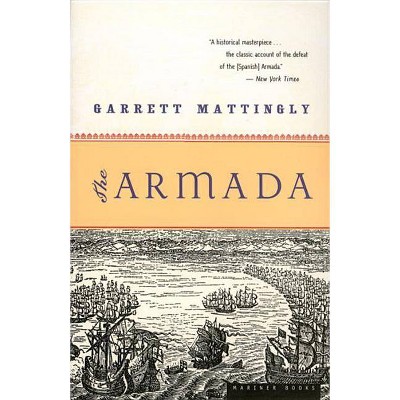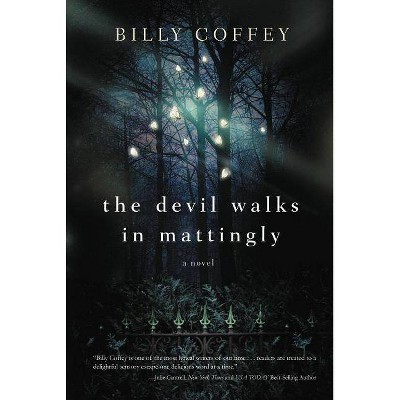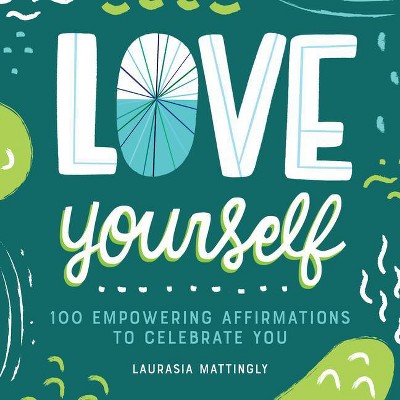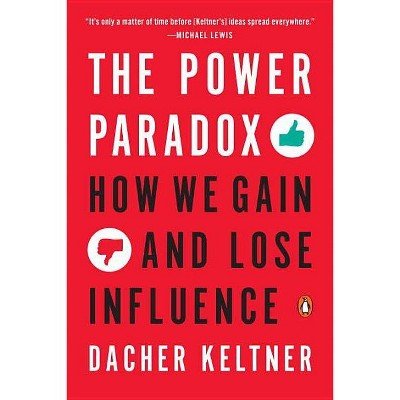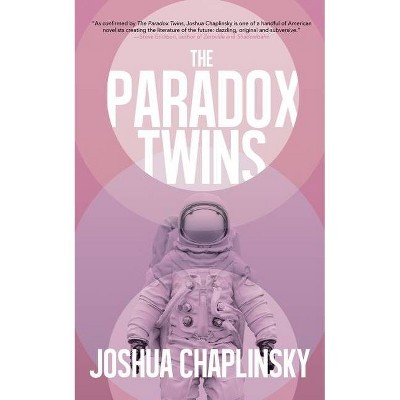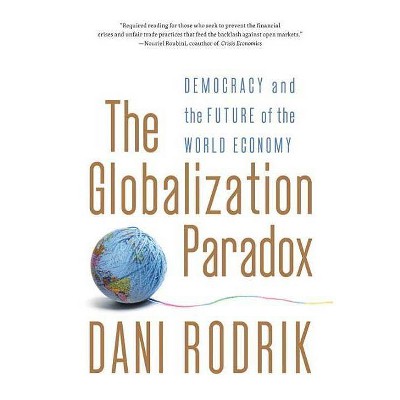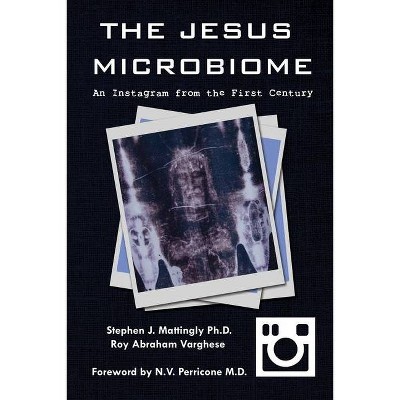The Paradox of Hope - by Cheryl Mattingly (Paperback)
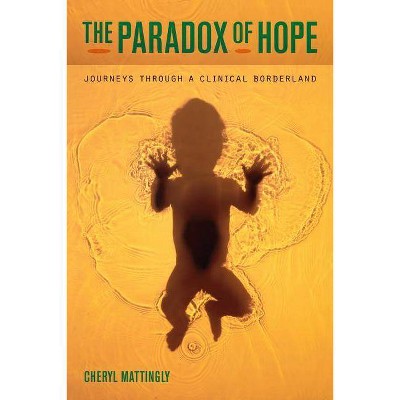
Similar Products
Products of same category from the store
AllProduct info
<p/><br></br><p><b> About the Book </b></p></br></br>""The Paradox of Hope" shows how clinicians, families and patients employ hope in their illness narratives and treatment stories, and indeed, in their lives in general. A serious and revealing ethnographic exploration of hope as the making up of life."--Arthur Kleinman, Esther and Sidney Rabb Professor of Anthropology, Harvard University <BR>"Among those writing studies of medicine and therapeutic practice, Cheryl Mattingly is, on my reading, the most elegant and insightful interpreter of clinical scenes. No one else can describe so well the drama, dance, and dialogue between all types of clinicians and their patients, including families. The depth and breadth of this ethnography are extraordinary, going from micro interactions to demographics, from small rooms to cityscapes. Mattingly's 'narrative phenomenology' holds these potentially disparate strands together"--Arthur W. Frank, author of "Letting Stories Breathe: A Socio-Narratology" <BR>"Mattingly's book achingly reveals the possibilities and limits of a 'blues hope' that rallies critically ill, low-income African American children, their families, and, yes, even some clinicians, to enact ephemerally life-sustaining dramas against a backdrop of sober medical prognoses. We are ushered inside 'clinical borderlands' where misunderstandings among 'familiar strangers' have pernicious outcomes. Clinical borderlands are fraught with culturally shaped clashing genres--ineffective parental reports of symptoms, cryptic medical charts, and clinician accounts that cast doctor as sleuth, illness as battlefield, and body as broken machine. Yet, out of this array, borders are sometimes crossed, clinician-family partnerships formed, and a hopeful future opened through heroic acts that become re-experienced as life-transforming narratives." --Elinor Ochs, Professor of Anthropology, UCLA <BR><p/><br></br><p><b> Book Synopsis </b></p></br></br>Grounded in intimate moments of family life in and out of hospitals, this book explores the hope that inspires us to try to create lives worth living, even when no cure is in sight. <i>The Paradox of Hope</i> focuses on a group of African American families in a multicultural urban environment, many of them poor and all of them with children who have been diagnosed with serious chronic medical conditions. Cheryl Mattingly proposes a narrative phenomenology of practice as she explores case stories in this highly readable study. Depicting the multicultural urban hospital as a border zone where race, class, and chronic disease intersect, this theoretically innovative study illuminates communities of care that span both clinic and family and shows how hope is created as an everyday reality amid trying circumstances.<p/><br></br><p><b> From the Back Cover </b></p></br></br><i>The Paradox of Hope</i> shows how clinicians, families and patients employ hope in their illness narratives and treatment stories, and indeed, in their lives in general. A serious and revealing ethnographic exploration of hope as the making up of life.--Arthur Kleinman, Esther and Sidney Rabb Professor of Anthropology, Harvard University <br /><br />Among those writing studies of medicine and therapeutic practice, Cheryl Mattingly is, on my reading, the most elegant and insightful interpreter of clinical scenes. No one else can describe so well the drama, dance, and dialogue between all types of clinicians and their patients, including families. The depth and breadth of this ethnography are extraordinary, going from micro interactions to demographics, from small rooms to cityscapes. Mattingly's 'narrative phenomenology' holds these potentially disparate strands together--Arthur W. Frank, author of <i>Letting Stories Breathe: A Socio-Narratology</i><br /><br />Mattingly's book achingly reveals the possibilities and limits of a 'blues hope' that rallies critically ill, low-income African American children, their families, and, yes, even some clinicians, to enact ephemerally life-sustaining dramas against a backdrop of sober medical prognoses. We are ushered inside 'clinical borderlands' where misunderstandings among 'familiar strangers' have pernicious outcomes. Clinical borderlands are fraught with culturally shaped clashing genres--ineffective parental reports of symptoms, cryptic medical charts, and clinician accounts that cast doctor as sleuth, illness as battlefield, and body as broken machine. Yet, out of this array, borders are sometimes crossed, clinician-family partnerships formed, and a hopeful future opened through heroic acts that become re-experienced as life-transforming narratives. --Elinor Ochs, Professor of Anthropology, UCLA<br /><br /><p/><br></br><p><b> Review Quotes </b></p></br></br><br>"This work of outstanding scholarship should be a great addition to collections of medical anthropology and health studies."-- "Choice" (9/2/2011 12:00:00 AM)<br><p/><br></br><p><b> About the Author </b></p></br></br><b>Cheryl Mattingly</b> is Professor in the Department of Anthropology and the Division of Occupational Science at the University of Southern California. She is the award-winning author of<i> Healing Dramas and Clinical Plots: The Narrative Structure of Experience</i> and coeditor, with Linda Garro, of <i>Narrative and Cultural Construction of Illness and Healing </i>(UC Press), among other books.
Price History
Price Archive shows prices from various stores, lets you see history and find the cheapest. There is no actual sale on the website. For all support, inquiry and suggestion messagescommunication@pricearchive.us
